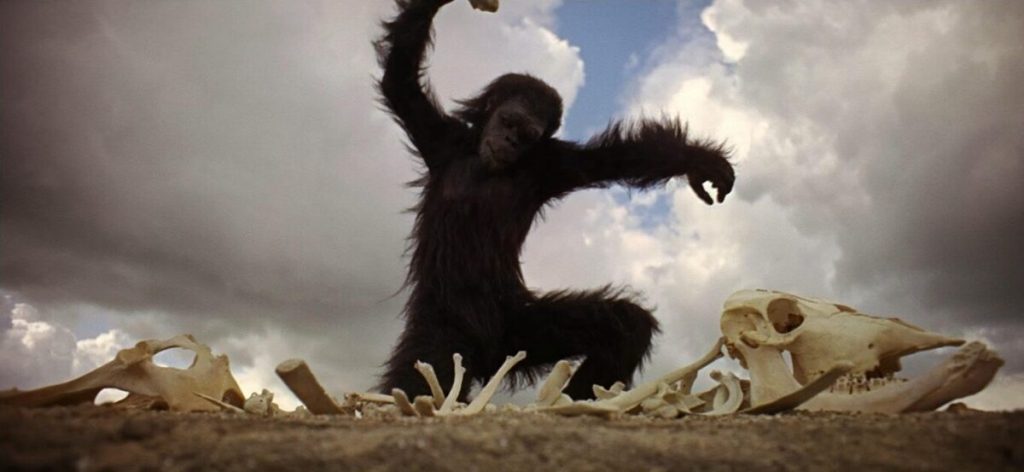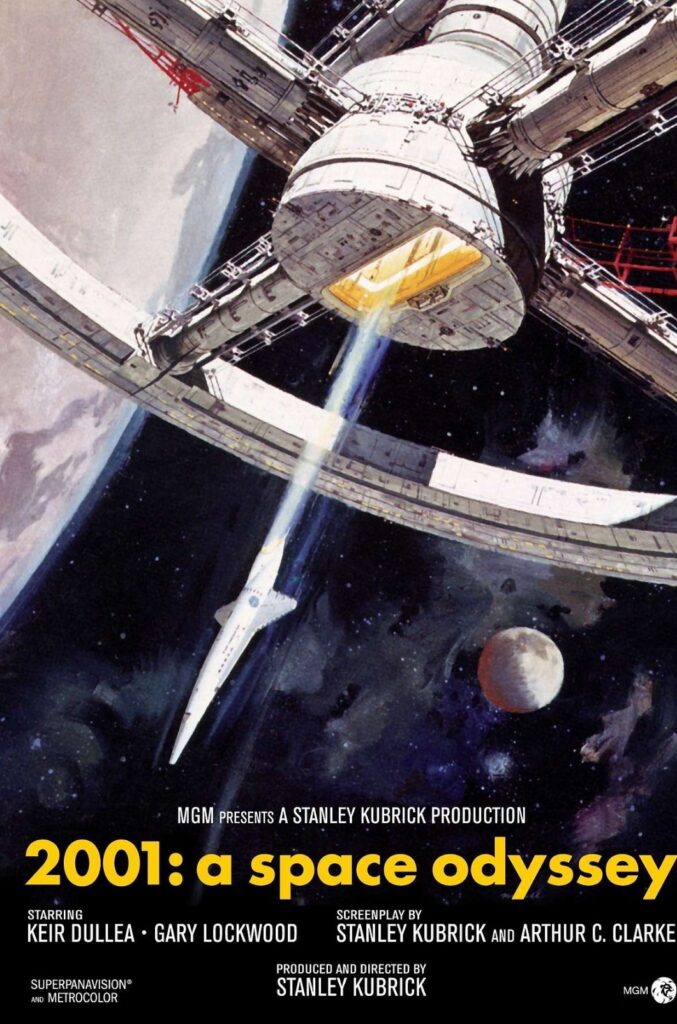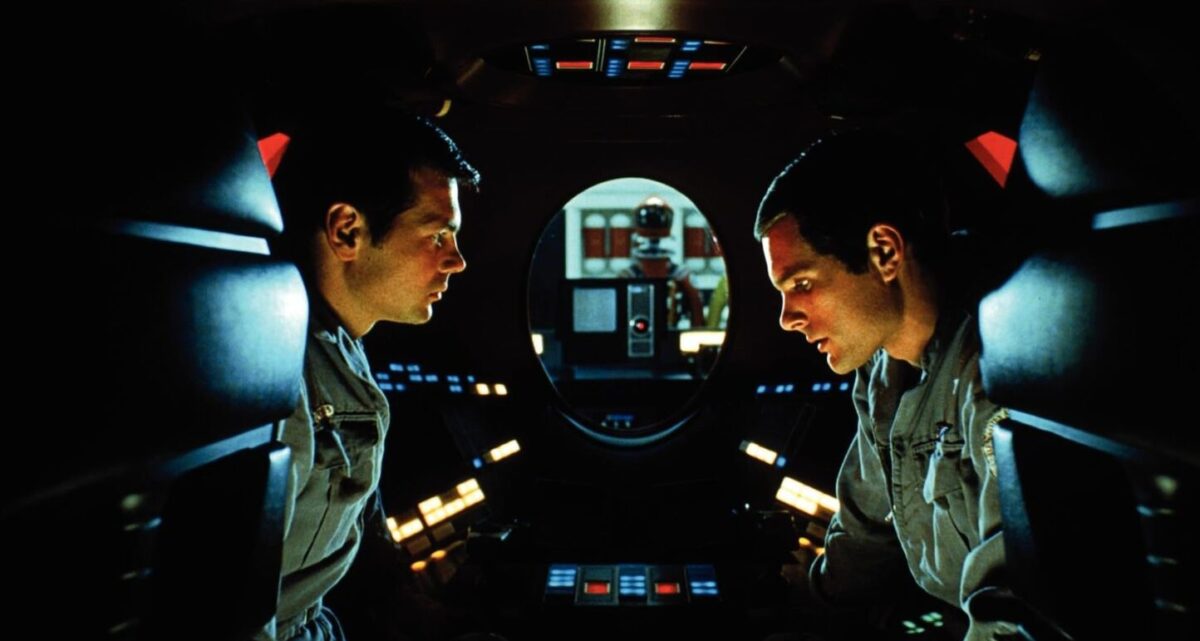I recently checked out the first in a series of classic Sci-Fi movies back on the big screen thanks to the Cineworld Sci-Fi Season and the first movie to launch the season was Stanley Kubrick‘s 1968 classic 2001: A Space Odyssey.
“2001: A Space Odyssey” is an awe-inspiring masterpiece that transcends the boundaries of conventional filmmaking. Stanley Kubrick‘s visionary direction, coupled with Arthur C. Clarke‘s profound storytelling, delivers an unparalleled cinematic experience that continues to captivate audiences decades after its release.
From the opening sequence set to Richard Strauss’s “Also Sprach Zarathustra” to the haunting imagery of the monolith and the enigmatic journey through space, every frame of this film is meticulously crafted to provoke thought and ignite the imagination.

Kubrick’s attention to detail is evident in every aspect of the film, from the groundbreaking special effects that still hold up to this day of overused CGI, to the thought-provoking themes exploring humanity’s place in the universe and the evolution of consciousness.
The performances, although subtle, are powerful and serve the narrative perfectly, with Keir Dullea‘s portrayal of astronaut Dave Bowman standing out as particularly compelling.
What sets “2001: A Space Odyssey” apart is its ability to provoke deep philosophical questions about existence, intelligence, and the nature of reality, leaving audiences pondering long after the credits roll.

In an era dominated by fast-paced blockbusters, “2001: A Space Odyssey” remains a timeless classic that challenges viewers to contemplate the mysteries of the cosmos and the limitless potential of human exploration. It is a cinematic landmark that deserves its place among the greatest films ever made.
A massive thank you to Cineworld for kicking off the Sci-Fi Season with one of my favourite Kubrick movies and also for featuring the intermission that would have been accompanied by the original theatrical release back in 1968, the evening was perfect viewing.

